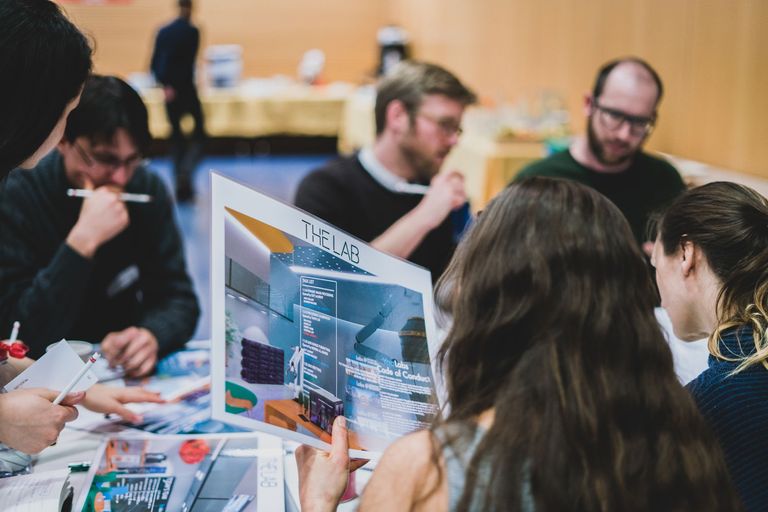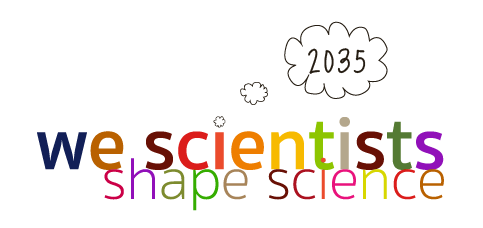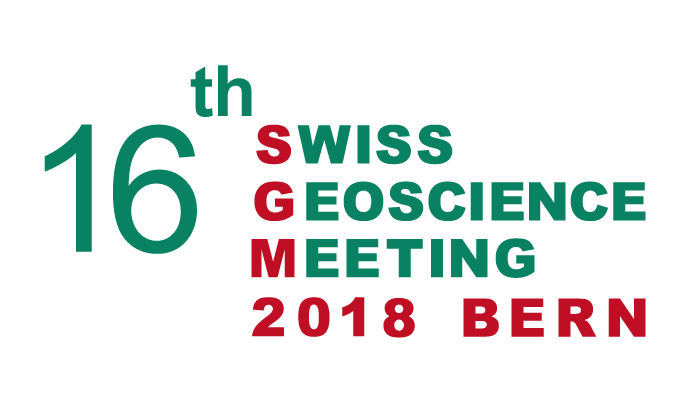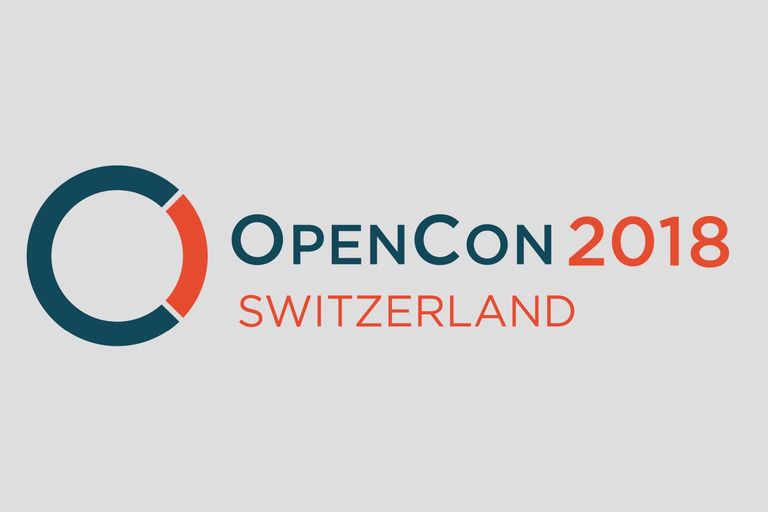Dazu gehört
Shaping Science: how to start
The We Scientists 2035 workshops were initiated by SCNAT to call upon researchers to re-imagine a better, healthier research culture.
Bild: Tania Jenkins, SCNAT
We Scientists 2035 Workshop - shape tomorrow's Research Culture
After the success of the “We Scientists 2035 Workshop Day” that took place in February at UNIL, we are organizing the first workshop of this kind here at EPFL to brainstorm as a community about the “Research Culture” we want for our future, and to plant the seeds for change today!
Bild: Hugo Vincent
We Scientists 2035 Workshop Day - with Jacques Dubochet
Do you work in a scientific research institution? Are you frustrated with aspects of current research culture, such as the pressure to “publish or perish”, the reproducibility crisis, climbing the academic ladder and persistent gender biases? Do you want to shape the culture that you work in? Join us on the 7th of February, 2019 at the University of Lausanne for an afternoon of «We Scientists 2035 Workshops». Let’s make small changes today for a better research culture tomorrow!
Bild: SCNAT
16th Swiss Geoscience Meeting 2018, Bern
One of the most fundamental and fascinating questions in science is why there is life on Earth. What makes our planet habitable and what is, for example, the role of plate tectonics in planetary habitability. Geoscientists not only play a crucial role in studying the evolution of planet Earth and the origins of life, but their studies can also contribute to maintaining our planet habitable and liveable for future generations.

We Scientists 2035 @ Swiss Geosciences Meeting 2018
We are offering the "We Scientists 2035" workshop on research culture as part of the Swiss Geosciences Meeting 2018.
Bild: SCNAT
OpenCon Switzerland 2018
OpenCon is a platform for the next generation to learn about Open Access, Open Education and Open Data, develop critical skills and catalyze action toward a more open system for sharing the world’s information – from scholarly and scientific research, to educational materials, to digital research data.
Bild: OpenCon Switzerland